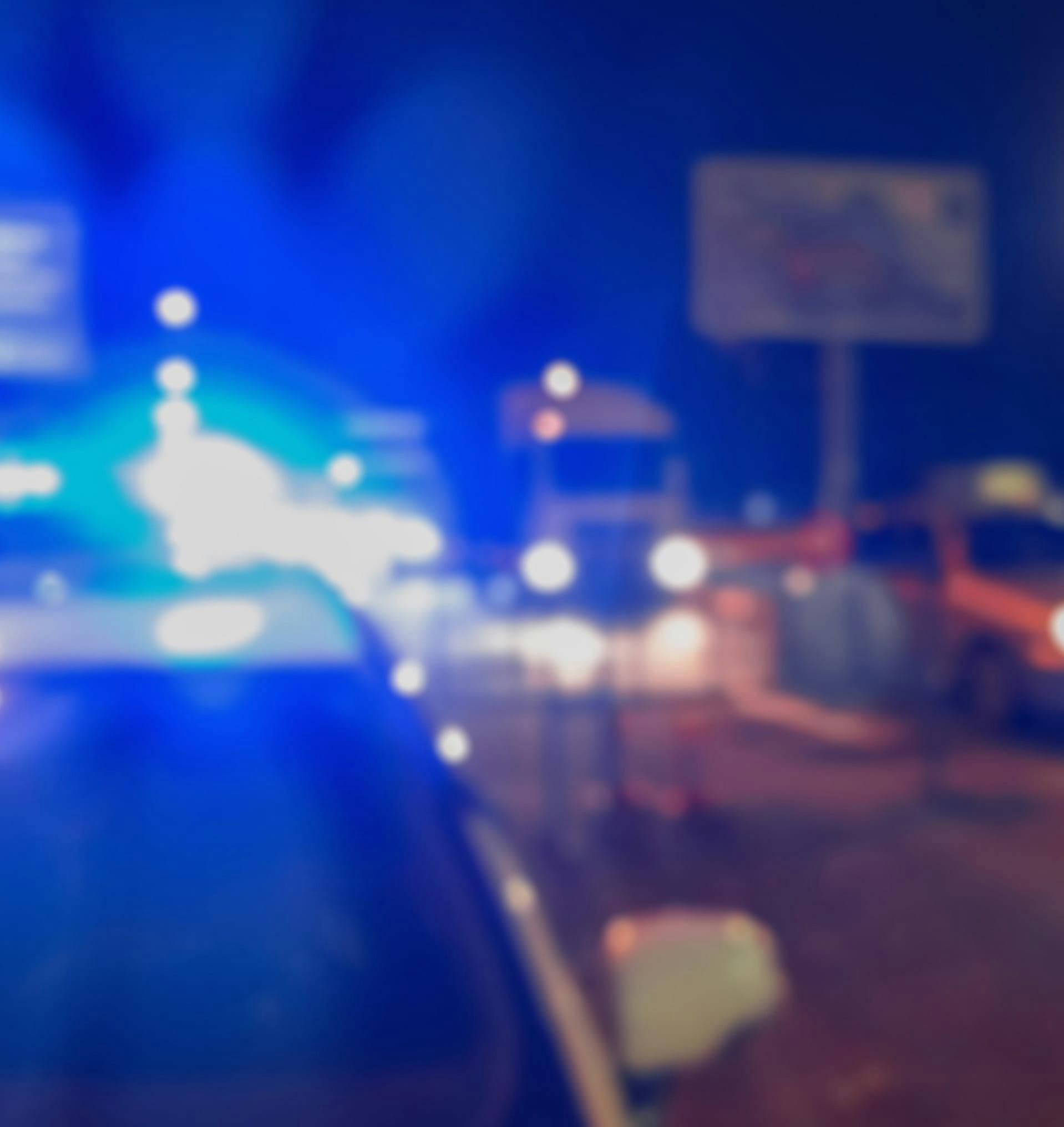For many, a DUI charge is their first interaction with the Illinois criminal justice system. Driving under the influence of alcohol or drugs in Wheaton can result in both misdemeanor and felony charges, carrying severe penalties such as steep fines, license suspension, and potential jail or prison time.
Understanding DUI Charges: More Than Just a Traffic Violation
Common traffic offenses, like speeding or running a red light, usually result in tickets. But DUI is treated far more seriously, with harsh penalties for drivers found guilty. In Illinois, the legal blood alcohol concentration (BAC) limits are:
- Drivers under 21: 0.00
- Commercial drivers: 0.04
- School bus drivers: 0.00
- Drivers over 21: 0.08




